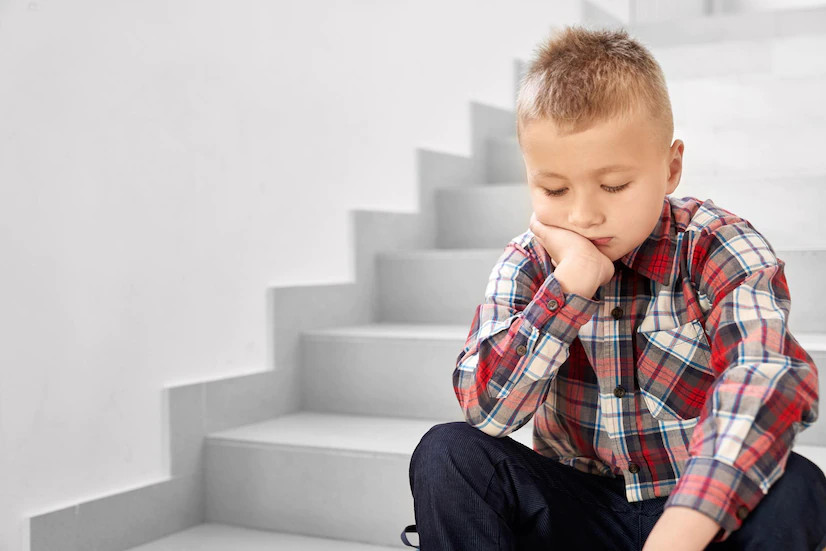Self-esteem refers to an individual's self-perception and self-evaluation, influenced by opinions, perceived potential, life experiences, and personal beliefs. On the other hand, self-confidence pertains to a mindset concerning one's abilities and competencies, characterized by trust in these abilities. It involves valuing oneself despite imperfections.
Having a strong sense of self-confidence is crucial for children as it empowers them to tackle challenges and navigate problems, reach objectives, and engage effectively with others. Children with high self-confidence are typically more driven to learn and excel, believing that their efforts will yield positive outcomes. They also exhibit greater resilience in facing and overcoming obstacles.
Signs that a child has low self-confidence
Having low self-confidence can significantly impact the personal, emotional, and social growth of children. Those lacking confidence often experience feelings of inferiority, tend to avoid challenges, engage in comparisons with peers, and may exhibit reduced motivation.
The following indicators may suggest that a child has low self-confidence:
- Avoiding tasks and challenges without attempting them first
- Giving up prematurely at the onset of a task or game
- Resorting to dishonesty or cheating when facing potential failure or poor results
- Behaving in a silly manner or displaying signs of weakness
- Demonstrating bossy or controlling behavior as a means to conceal feelings of frustration or inadequacy
- Experiencing declining academic performance and loss of interest in previously enjoyed activities
- Withdrawing from social interactions with friends
- Displaying mood swings such as sudden outbursts of crying, anger, sadness, or prolonged periods of silence
- Engaging in self-criticism
- Being overly concerned about others' opinions of themselves
- Being easily influenced by negative influences in their environment
Tips to help children regain their confidence
When you observe signs indicating your child may be struggling with self-confidence, there's no need to worry. You can still help your child address their confidence challenges.
Encouraging open communication can make children feel valued, encouraged, and cared for. Additionally, here are several steps to foster confidence in children:
- Offer praise and positive reinforcement for their efforts
- Assist children in recognizing their strengths and interests to boost their belief in their abilities
- Guide children in developing the skills and capabilities needed to tackle everyday obstacles or avoid making comparisons between children, as each child develops uniquely at their own pace
- Allow children the freedom to make mistakes, as it's part of natural learning and helps them avoid fear or embarrassment from failure
- Be a positive role model in how you handle self-assessment and overcome challenges, as children tend to mimic adult behavior
- Engage in children's activities to show them they have your attention and support
If your child's struggles with self-confidence escalate to the point of significantly impacting their daily life, causing severe stress or anxiety, it's advisable to seek assistance from a child psychologist or psychiatrist. Maintain a supportive environment to help children cultivate strong self-confidence and self-esteem.
You can either visit a doctor or make use of the consultation features that are available in the Ai Care application by downloading the Ai Care application from the App Store or Play Store.
Looking for more information about pregnancy, breastfeeding, and the health of women and children? Click here!
- Sean Edbert Lim, MBBS
Healthy Children (2022). Signs of Low Self-Esteem in Children & Teens. Available from: https://www.healthychildren.org/English/ages-stages/gradeschool/Pages/Signs-of-Low-Self-Esteem.aspx
Rebecca Fraser-Thill (2022). Causes of Low Self-Esteem in Kids. Available from: https://www.verywellfamily.com/causes-of-low-self-esteem-in-kids-3288009
Lena Suarez-Angelino, LCSW (2020). Building a Child’s Self-Esteem: Why It’s Important & 9 Ways To Help. Available from: https://www.choosingtherapy.com/building-childs-self-esteem/
Mind.org (2022). Self-esteem. Available from: https://www.mind.org.uk/information-support/types-of-mental-health-problems/self-esteem/about-self-esteem/











